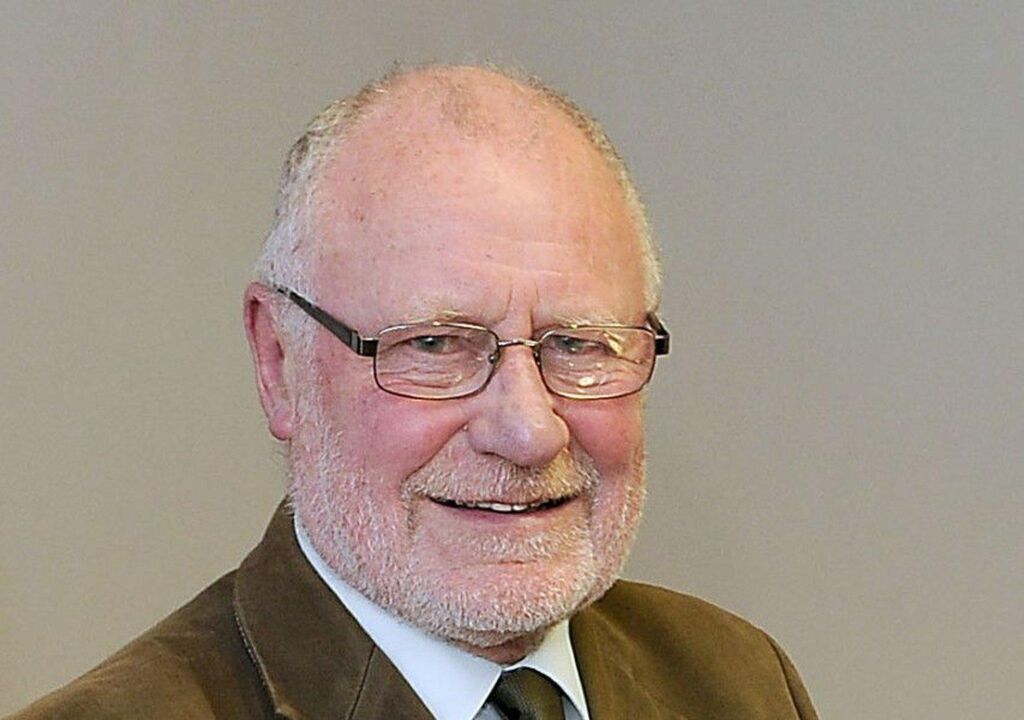Assisted Suicide
Assisted suicide not needed for dignified death says former Scottish MP

Dennis Canavan, former Member of the Scottish Parliament (MSP) has come out against the legalisation of assisted suicide.
Canavan, 79, has lost four children, three from a terminal illness. He said 'they all died with dignity'. He also said the standard of palliative care at his local hospital was 'first class'.
Writing in the Scottish Edition of The Times today, Mr Canavan said:
“My children undoubtedly underwent some pain, but it was minimised by caring professionals who provided a high standard of palliative care. My children died in dignity, and I differ from those who assert the option of assisted suicide is necessary to ensure dignity in death.”
He was speaking ahead of an event in the Scottish Parliament on Wednesday this week, organised by the Coalition group Care Not Killing Scotland.
MSPs will hear from Mr Canavan and from CNK’s chief executive, Dr Gordon Macdonald.
Mr Macdonald told The Times:
“Assisted suicide is a counsel of despair for those suffering serious illness or those who are disabled. Instead of investing in life enhancing treatment services, the focus of policy makers becomes how to help people commit suicide.”
Liam McArthur, the Liberal Democrat MSP has already announced plans to introduce an assisted suicide bill at the Scottish Parliament.
Last year he held a public consultation on the proposals and following an unprecedented number of responses, he said earlier this year that the Bill would not be introduced until 2023.
Analysis by CARE’s James Mildred
Mr Canavan has spoken out against assisted suicide before, but once again it is a very clear contribution to the ongoing debate about assisted suicide in Scotland and his comments provide a much needed counter-narrative to the one put forward by the likes of Dignity in Dying.
The key point is that with palliative care, a good death is entirely possible. No wonder a majority of palliative care doctors and medics are opposed to the legalisation of assisted suicide.
It's striking than in response to Mr Canavan's comments, Liam McArthur, who's planning on introducing an assisted suicide bill in Scotland, talked about how assisted suicide and palliative care can sit alongside each other - thereby giving patients 'real choice'.
There are two problems with this statement. First, there's evidence from countries where assisted suicide is legal that it leads to investment in palliative care services declining, rather than growing. Legalising assisted suicide in Scotland could lead to funding for palliative care being cut. After all, it's cheaper to give an assisted suicide than to give palliative care.
Secondly, one of the major concerns around the legalisation of assisted suicide is that it will put pressure on some of the most vulnerable - those with a terminal illness or those living with a disability. They could easily feel a pressure or a duty to die if assisted suicide were an option. This is the opposite of increasing choice.
Mr Canavan has helpfully articulated just some of the key reasons why legalising assisted suicide would be a backwards step for Scotland.
Share
